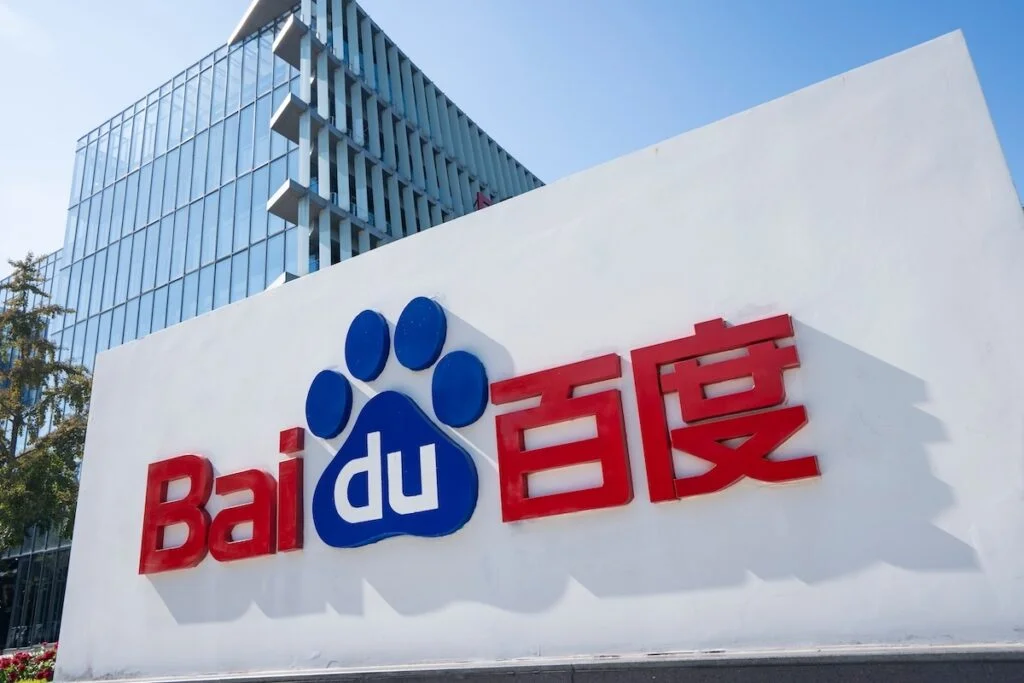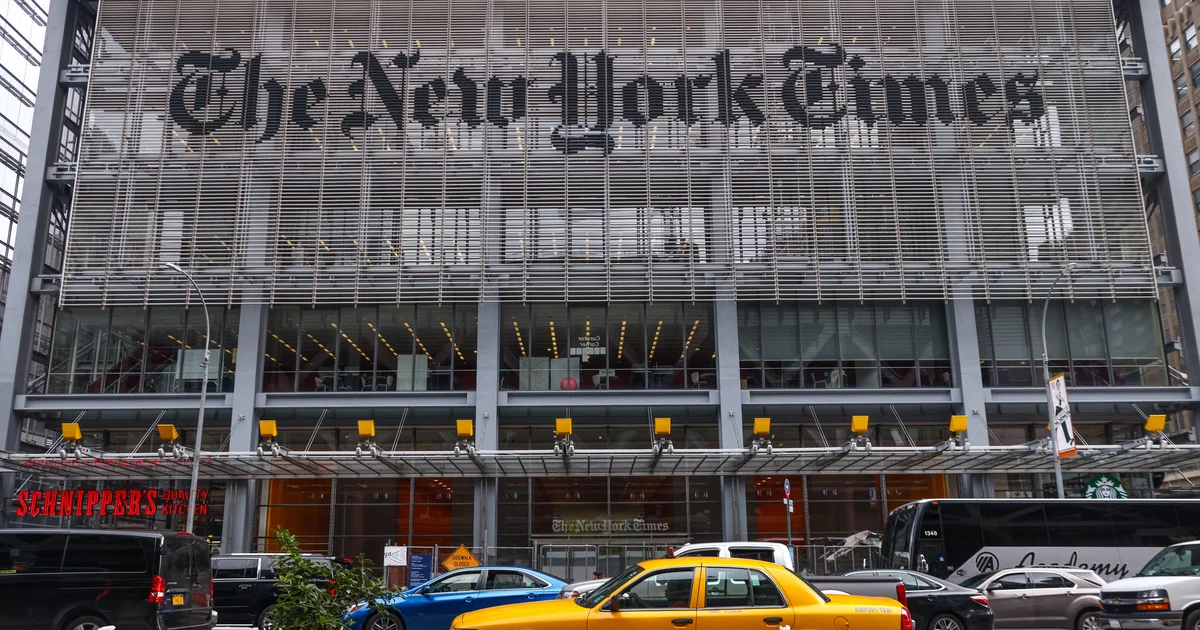
Baidu (NASDAQ: BIDU) is pushing its Apollo Go robotaxi business into new markets, including Australia, as the service reaches operational profitability in several Chinese cities.
BIDU is feeling the pressure from bearish momentum. Get the scoop here.
Halton Niu, general manager of Apollo Go’s overseas division, told Bloomberg TV that the company is in talks with governments in Australia and parts of Southeast Asia about introducing autonomous vehicles. Earlier this week, regulators in Dubai granted Apollo Go 50 trial licenses, enabling Baidu to expand its fleet in the United Arab Emirates to around 100 cars.
Chinese self-driving firms are moving aggressively overseas, leveraging lower vehicle costs from China’s advanced EV supply chain to compete against U.S. rivals like Alphabet’s (NASDAQ: GOOGL)(NASDAQ: GOOG) Waymo. Niu said Apollo Go has already achieved per-vehicle profitability in multiple Chinese cities, including Wuhan, its largest market. While the division is not yet profitable, scaling operations and eliminating human drivers are helping cities break even on a unit basis.
Also Read: Baidu’s AI Cloud, Robotaxi Push Gain Speed Even As Ad Business Slows: Analyst
Since 2013, Baidu has invested billions into autonomous driving, deploying more than 1,000 vehicles in China and abroad. The company recently struck a deal with U.S. ride-hailing firm Lyft Inc (NASDAQ: LYFT) to launch robotaxi services in Europe, beginning with the U.K. and Germany next year, pending regulatory approvals.
Chinese robotaxi firms are expanding rapidly in the Middle East, where favorable policies attract operators such as Pony AI Inc (NASDAQ: PONY), WeRide Inc (NASDAQ: WRD) and Baidu’s Apollo Go. Baidu partnered with Autogo to roll out robotaxis in Abu Dhabi, while Pony AI and WeRide formed partnerships with Uber Technologies (NYSE: UBER) in Dubai.
On Wednesday, Amazon.com Inc.’s (NASDAQ: AMZN) self-driving unit Zoox asked U.S. regulators for broader approval to deploy up to 2,500 robotaxis without traditional driving controls, aiming to accelerate its commercial rollout.
Also, Lucid Group Inc (NASDAQ: LCID) showcased its robotaxi engineering fleet and delivered the first Uber-exclusive test vehicle to Nuro. In July, Lucid, Uber and Nuro teamed up to launch a global robotaxi program built on Lucid’s Gravity SUV and Nuro’s Level 4 autonomy system, with rollout planned in a major U.S. city next year.
Tesla (NASDAQ: TSLA) prepares its Cybercab pending regulatory approval.
BIDU Price Action: Baidu shares are trading lower by 2.65% to $131.82 at publication on Friday.
Read Next:
AMD Expands Cohere Partnership To Power Enterprise AI On Instinct Chips
Photo: Courtesy Tada Images via Shutterstock



